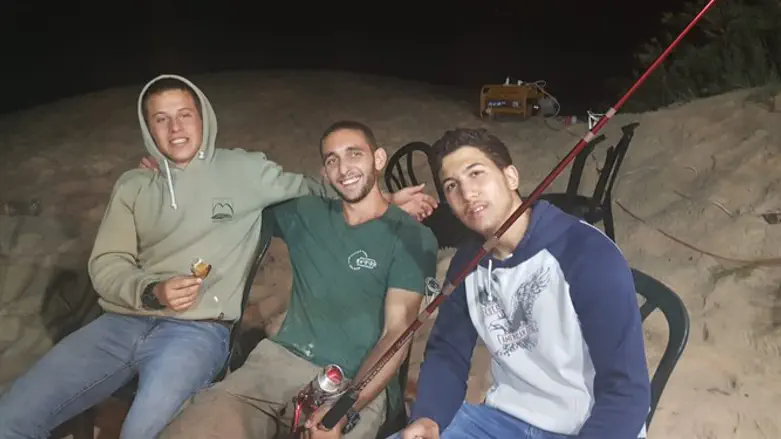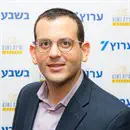
Commander of the Central Command, Gen. Tamir Yedai, has signed on a demolition order for the home of the terrorist who killed Yehuda GuettaHy”d in a shooting attack at the Tapuah Junction on May 2nd.
The murderer lived in the village of Turmus Aya in the Binyamin region. Two other Israeli citizens were wounded in the incident, which left Guetta critically injured. Three days after the attack, he succumbed to his injuries.
The demolition order was finally confirmed on Sunday after the terrorist’s family appealed the order – their appeal was rejected.
Responding to the news, the Im Tirtzu organization stated: “The home of the terrorist who murdered Yehuda Guetta Hy”d should have been demolished with 48 hours of the attack, without waiting for his family to appeal the ruling. It is now almost a month after this heinous murder, and the home of the terrorist is still standing, and in all likelihood, his family, with the aid of the Moked organization, will yet submit an appeal to the Supreme Court. We hope that the justices of the Supreme Court will reject their appeal and will decline to intervene in the decisions of the State of Israel and will allow the IDF to complete its business in this case. Every lowly terrorist should be aware that if he chooses to commit murder, his blood will be upon his head and his home will be swiftly demolished.”
Also responding to the ruling was the brother of Yehuda, Aviad Guetta, who told ArutzSheva of the unremitting pain at the loss of his older brother.
“These are difficult days and we still haven’t internalized what’s happened,” he said. “People are still coming to try and comfort us and give us encouragement and support. The most important thing, to me, is that people remember Yehuda’s spiritual aspirations, his determination to succeed in whatever he undertook, his devotion to his Torah studies, and his great strength.”
Aviad emphasized that the fact that his brother was killed “in our war for the Land” was a great source of comfort for him, even though his brother was so young when he was taken.
“People like the terrorist who killed Yehuda have no place in this world,” he said. “He doesn’t deserve to be in prison – he should get exactly what he deserves, not a hotel-style prison stay.”
Aviad Guetta described the wrenching days when Yehuda hovered between life and death, critically injured in hospital with his family at his side, and how his family insisted on believing that he could pull through, somehow. “Seventeen years ago, my uncle was in Gaza and an Arab sharpshooter fired a bullet into his head. The doctors back then despaired of his life, but he recovered and built a family and now he has six children. So we, too, hoped that Yehuda would survive this.”
Tragically, it was not to be, but Yehuda’s legacy is eternal. “What I really want is for people to commemorate him with things that were important to him,” Aviad said, “for example – making stickers reminding people to leave their cell phones behind when they enter the synagogue to pray or learn. That was something that Yehuda really wanted to emphasize.”
